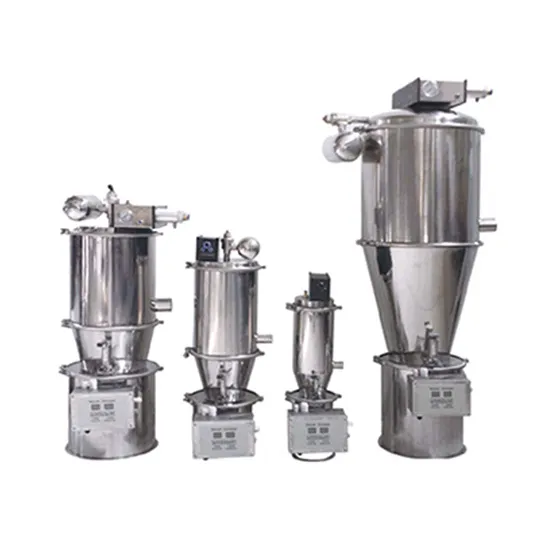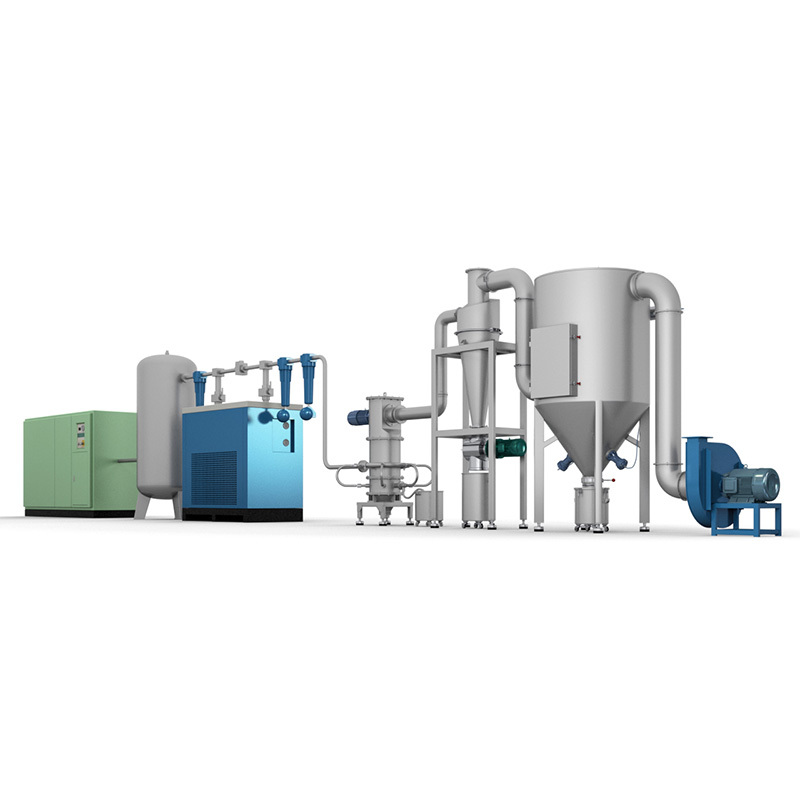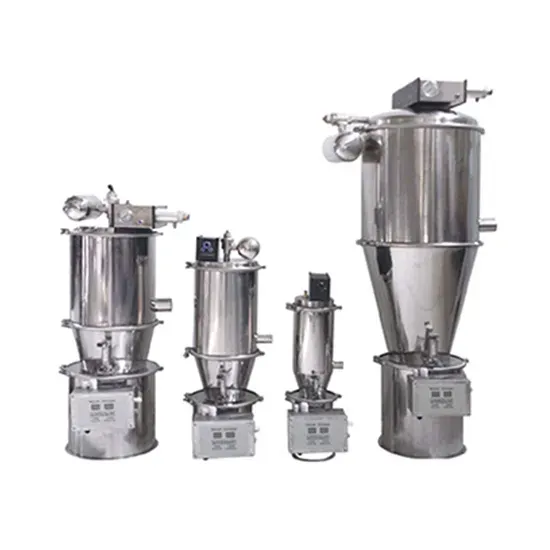NEWS
Understanding Agricultural Soil Pulverizers: Enhancing Soil Quality for Optimal Crop Production
Sep 25,2025
Agricultural soil pulverizers, also known as soil grinders or tillers, are essential tools in the realm of modern agriculture. Their primary function is to break down large clumps of soil into smaller particles, resulting in a finer texture that enhances soil quality. This process is crucial for several reasons, primarily aimed at improving crop production and soil health.
One of the most significant benefits of utilizing an agricultural soil pulverizer is its ability to create a more uniform soil structure. When soil is pulverized, it not only breaks down compacted clumps but also helps to aerate the ground, allowing for better water infiltration and root penetration. This is particularly important for crops that require a well-aerated soil environment to thrive. Moreover, pulverized soil can better retain moisture, reducing the need for frequent watering, which is a critical factor in sustainable farming practices.
Another advantage of soil pulverization is the enhancement of nutrient availability. When soil is finely pulverized, it increases the surface area exposed to microbial action. This is beneficial for the breakdown of organic matter and the release of nutrients, making them more accessible to plant roots. Additionally, pulverized soil can help in the even distribution of fertilizers and organic amendments, ensuring that crops receive the essential nutrients they need to grow healthy and produce high yields.
Soil pulverizers also play a vital role in the preparation of seedbeds. A finely prepared seedbed allows for better seed-to-soil contact, which is crucial for germination. When seeds are sown in well-prepared soil, they are more likely to sprout evenly and grow robustly. This uniformity fosters competition among plants, leading to healthier crops.
Furthermore, agricultural soil pulverizers can aid in weed control. By breaking down the soil, these machines can disrupt the life cycle of weeds, reducing their chances of germinating and competing with crops for resources. This is particularly advantageous in organic farming, where the use of chemical herbicides may be limited.
In addition to these benefits, modern agricultural soil pulverizers often come equipped with advanced technology, making them more efficient and easier to operate. Many of these machines can be adjusted for different soil conditions and crop types, allowing farmers to tailor their approach to specific agricultural needs.
In conclusion, agricultural soil pulverizers are indispensable tools that significantly contribute to effective soil management and crop production. By improving soil structure, enhancing nutrient availability, and preparing optimal seedbeds, they support farmers in achieving higher yields and sustainable agricultural practices. Understanding the importance of these machines can help agricultural professionals make informed decisions that lead to better farming outcomes.
One of the most significant benefits of utilizing an agricultural soil pulverizer is its ability to create a more uniform soil structure. When soil is pulverized, it not only breaks down compacted clumps but also helps to aerate the ground, allowing for better water infiltration and root penetration. This is particularly important for crops that require a well-aerated soil environment to thrive. Moreover, pulverized soil can better retain moisture, reducing the need for frequent watering, which is a critical factor in sustainable farming practices.
Another advantage of soil pulverization is the enhancement of nutrient availability. When soil is finely pulverized, it increases the surface area exposed to microbial action. This is beneficial for the breakdown of organic matter and the release of nutrients, making them more accessible to plant roots. Additionally, pulverized soil can help in the even distribution of fertilizers and organic amendments, ensuring that crops receive the essential nutrients they need to grow healthy and produce high yields.
Soil pulverizers also play a vital role in the preparation of seedbeds. A finely prepared seedbed allows for better seed-to-soil contact, which is crucial for germination. When seeds are sown in well-prepared soil, they are more likely to sprout evenly and grow robustly. This uniformity fosters competition among plants, leading to healthier crops.
Furthermore, agricultural soil pulverizers can aid in weed control. By breaking down the soil, these machines can disrupt the life cycle of weeds, reducing their chances of germinating and competing with crops for resources. This is particularly advantageous in organic farming, where the use of chemical herbicides may be limited.
In addition to these benefits, modern agricultural soil pulverizers often come equipped with advanced technology, making them more efficient and easier to operate. Many of these machines can be adjusted for different soil conditions and crop types, allowing farmers to tailor their approach to specific agricultural needs.
In conclusion, agricultural soil pulverizers are indispensable tools that significantly contribute to effective soil management and crop production. By improving soil structure, enhancing nutrient availability, and preparing optimal seedbeds, they support farmers in achieving higher yields and sustainable agricultural practices. Understanding the importance of these machines can help agricultural professionals make informed decisions that lead to better farming outcomes.
More News










